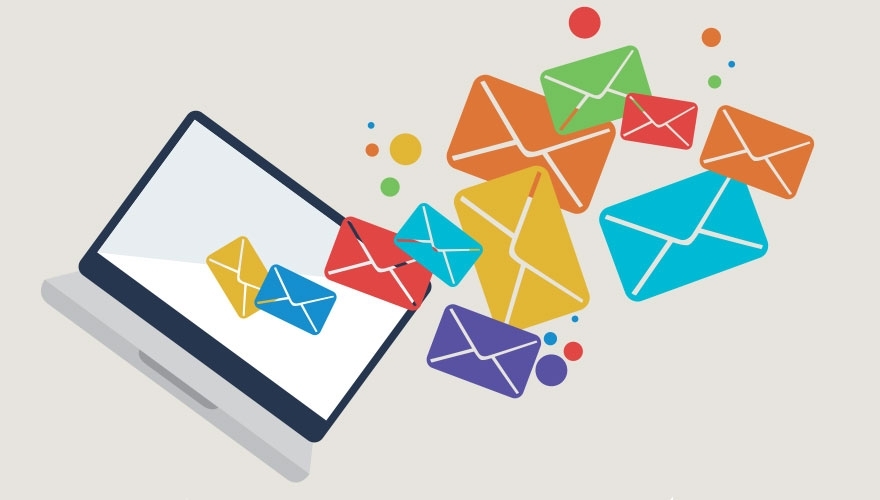Email remains a cornerstone of the sales process, serving as a primary channel for engaging customers and prospects. Email client integration within Customer Relationship Management (CRM) systems enables sales teams to manage communications efficiently, centralize customer data, and drive revenue growth. This article explores the benefits, features, and strategies for leveraging email client integration to optimize sales workflows.
What is Email Client Integration?
Email client integration allows users to connect their email platforms (e.g., Gmail, Outlook) directly with a CRM system. This seamless connection automates email tracking, organizes communication, and consolidates customer data in one place. By embedding email functionality within the CRM, sales teams can access customer interactions, respond promptly, and make data-driven decisions without switching between applications.
Key Features of Email Client Integration
Effective email client integration offers a range of features to enhance sales efficiency:
- Automated Email Tracking: Automatically logs emails sent and received, linking them to customer or prospect records in the CRM.
- Centralized Data Storage: Stores all customer interactions, including purchase history and prior communications, in a single, accessible platform.
- Real-Time Notifications: Alerts sales reps when a prospect opens an email or takes an action, enabling timely follow-ups.
- Email Templates: Provides pre-built or customizable templates to streamline email creation and maintain consistent messaging.
- Two-Way Sync: Integrates emails from external clients (e.g., Gmail, Outlook) into the CRM, allowing users to create leads or opportunities directly from their inbox.
- Visual Organization: Displays email threads chronologically with visually appealing dashboards, making it easy to track communication history.
- Triggers and Reminders: Automates follow-up emails or notifications to prompt customers to take desired actions at the right time.
These features eliminate the need for standalone email tools like IBM Notes or Outlook, offering a unified solution within the CRM.
Benefits of Email Client Integration
Integrating email clients with a CRM delivers significant advantages for sales teams and businesses:
- Time Savings: Automates repetitive tasks like logging emails and creating leads, allowing sales reps to focus on high-value activities.
- Improved Customer Insights: Provides instant access to a customer’s purchase history and prior interactions, enabling personalized and effective support.
- Higher Conversion Rates: Tracks email engagement (e.g., open rates, clicks) to identify high-performing messages and optimize sales strategies.
- Faster Sales Cycles: Real-time notifications and automated triggers ensure timely follow-ups, moving prospects closer to conversion.
- Enhanced Productivity: Eliminates the need to toggle between email clients and CRM systems, streamlining workflows.
- Increased Revenue: By identifying and nurturing leads efficiently, email integration drives more successful deals with less effort.
Strategies for Effective Email Client Integration
To maximize the value of email client integration, businesses should adopt the following strategies:
- Choose a CRM with Robust Integration: Select a CRM platform that supports seamless two-way syncing with popular email clients like Gmail or Outlook.
- Leverage Templates and Automation: Use pre-built templates and automated triggers to send consistent, timely emails that align with your sales process.
- Monitor Engagement Metrics: Analyze open rates, click-through rates, and conversions to refine email content and improve performance.
- Train Your Team: Ensure sales reps understand how to use email integration features to manage leads and track interactions effectively.
- Maintain Data Hygiene: Regularly update customer records to ensure accurate and actionable data within the CRM.
Conclusion
Email client integration is a powerful tool for modern sales teams, transforming email into a strategic asset within the CRM. By automating communication, centralizing data, and providing real-time insights, it enhances efficiency, strengthens customer relationships, and boosts revenue. Businesses that leverage email client integration can streamline their sales processes, nurture leads effectively, and gain a competitive edge in today’s fast-paced market.

